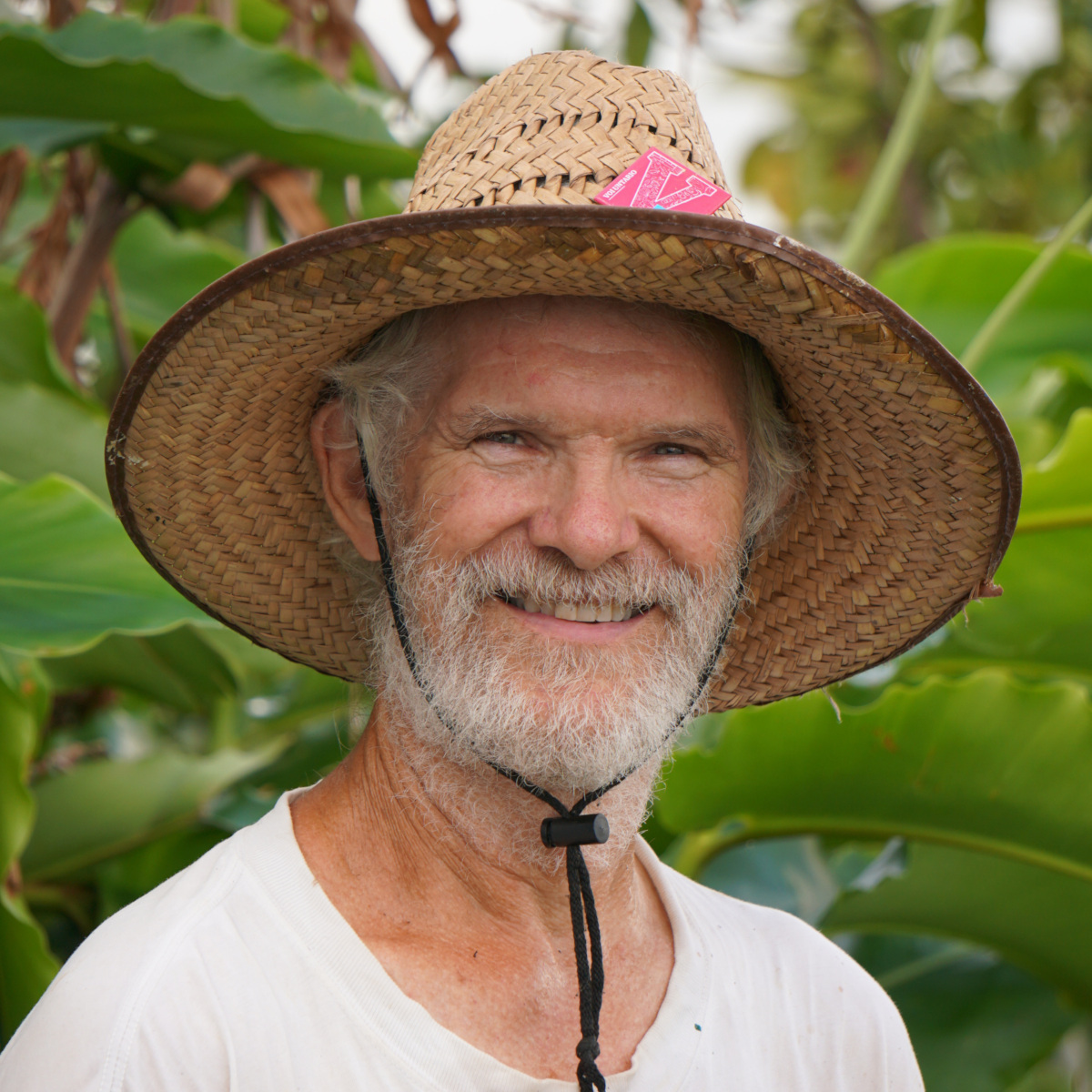

From the immortal Journal of Irreproducible Results, “The Data Enrichment Method”: “. . .its principal shortcoming is that before the enrichment process can be started, some data must be collected. It is quite true that a great deal is done with very little information, but this should not blind one to the fact that the method still embodies the ‘raw-data flaw’. The ultimate objective, complete freedom from the inconvenience and embarrassment of experimental results, still lies unattained before us.”






There is a new process for treating wastewater sludge that destroys the microfibers, so that is good news at least. I think it may be expensive, of course. It is called “hydrothermal carbonization”. Basically put the sludge in a giant pressure-cooker and the heat breaks the plastics into carbon and some water-soluble residual molecules which can go back to the start of the wastewater treatment plant to be biodegraded. But like others say, the main source in general is tires - not sure if they know whether tire microplastics are the main source in agricultural land though.